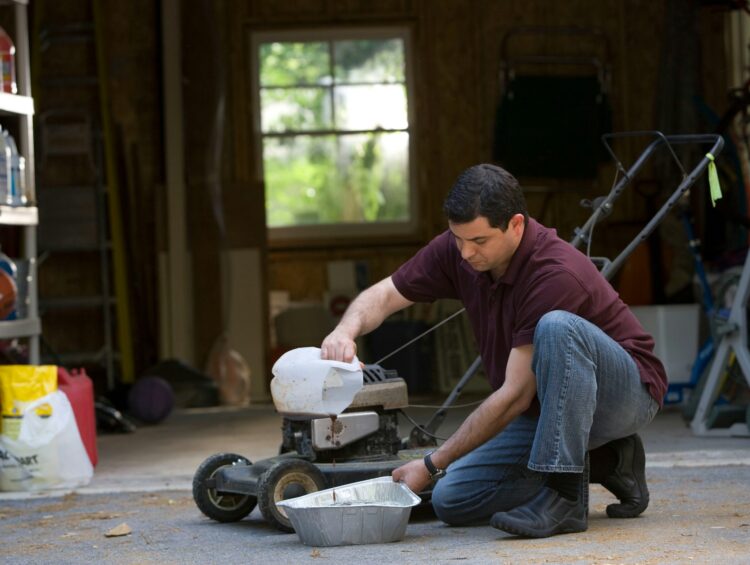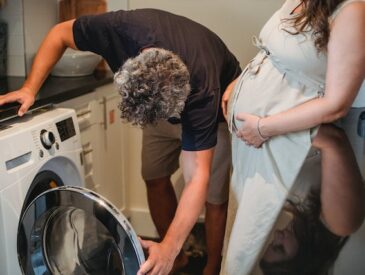Contents
Key Takeaways:
- Understanding the importance of identifying the type of pest infestation is crucial for adequate control.
- Using eco-friendly and safe pest control methods can protect your home and the environment.
- Regular maintenance and preventive measures can significantly reduce the risk of future infestations.
- For severe infestations, professional pest control services can provide more thorough remedies.
Understanding Pest Infestations
Identifying the type of pest infestation is the first critical step in taking control of the situation. Different pests, such as ants, termites, rodents, and bedbugs, require varied strategies for effective extermination. For instance, the methods to eliminate insects and rodents are vastly different due to their unique behaviors and habitats. Understanding the pest type helps select the most effective treatment options and tools. Those residing in coastal regions seeking pest control in Weymouth, MA, can provide tailored solutions that address the specific pest issues prominent in these areas. Local pest control services are often attuned to regional challenges and can offer customized solutions that are more efficient.
DIY vs. Professional Pest Control
While Do-It-Yourself (DIY) pest control methods can be effective for minor infestations, professional services often provide a more comprehensive approach. DIY methods like using sprays, traps, and bait can work well for early or minor infestations and typically cost less than professional services. However, professionals bring advanced tools and specialized knowledge to the table. They can accurately identify the pest and its source, assess the extent of the infestation, and apply targeted treatments that are not readily available to the public. When dealing with persistent pests like termites, hiring professionals can be more effective in preventing significant structural damage. Hiring mosquito control near me can save your house from extensive and costly damage, providing peace of mind with regular monitoring and maintenance services.
Eco-Friendly Pest Control Methods
With growing environmental concerns, adopting eco-friendly pest control methods is becoming increasingly important. Traditional pest control often relies on chemical pesticides that can harm the environment and non-target species, including beneficial insects. Eco-friendly methods include using natural predators to control pest populations, using organic pesticides made from natural ingredients, and implementing integrated pest management (IPM), a holistic approach combining multiple tactics for long-term control. These methods reduce the chemical load on the environment and promote sustainable pest management by maintaining the balance within the ecosystem. For instance, introducing ladybugs can naturally reduce the aphid population in your garden, and using neem oil solutions can help combat various pests without the harsh impacts of synthetic chemicals.
Preventive Measures
Prevention is always better than cure when it comes to pest infestations. Taking simple preventive measures can effectively stop pests from entering your home. Sealing cracks and crevices, installing screens on windows and doors, and repairing any leaks that might provide water sources for pests can go a long way in keeping them out. Proper waste disposal is also crucial; ensure that garbage bins are sealed tightly and regularly emptied. Also, maintaining proper sanitation and hygiene standards in and around your house can help control pest infestations immensely. Regularly cleaning kitchen counters, promptly fixing plumbing issues, and periodically decluttering can reduce the likelihood of attracting pests. By making your home less hospitable to pests, you can prevent infestations before they start.
Steps to Take When You Spot an Infestation
Acting promptly when you spot an infestation is critical to control the spread and minimize damage. Here are key steps to take:
- Identify the type of pest and the extent of infestation: Accurate identification allows for the most appropriate control measures to be implemented. Look for visible signs such as droppings, damaged materials, or pests.
- Choose appropriate control methods: Decide whether to use DIY methods or to seek professional help. DIY solutions like traps, sprays, or natural remedies might suffice for small infestations. Professional pest control services will have the expertise and resources for larger infestations.
- Implement preventive measures: After mitigating the current infestation, prevent future occurrences. This involves sealing entry points, maintaining cleanliness, and regular monitoring.
Common Household Pests and How to Deal With Them
Specific tactics are needed to manage common household pests like ants, cockroaches, and rats. Ant infestations can often be controlled using bait stations that attract and kill the colony members. However, thorough cleaning to remove food sources is also essential. Cockroaches thrive in unsanitary conditions and require targeted treatments such as bait traps, insecticidal sprays, and rigorous cleaning to eliminate food and water sources. Rodents, such as mice and rats, necessitate identifying entry points into your home and using exclusion methods like sealing gaps alongside traps or bait stations. Consistent monitoring and timely interventions can prevent these pests from establishing a foothold in your living spaces.
Creating a Pest-Free Environment
Regularly monitoring and maintaining your home environment is pivotal for successful pest management. Ensuring that your home is less attractive to pests involves several key practices. Regularly vacuum your living spaces to remove crumbs and potential nesting materials. Keep your home dry by addressing any moisture issues promptly, as many pests are attracted to damp environments. Ensure your home is well maintained, with routine inspections for potential entry points and damage that may provide access for pests.
Conclusion: Long-term Pest Management
Long-term pest management involves consistent use of eco-friendly methods, effective control strategies, and preventive measures. Proactive monitoring, regular inspections, and professional pest control services are crucial for preventing pest infestations and ensuring a safe environment.





